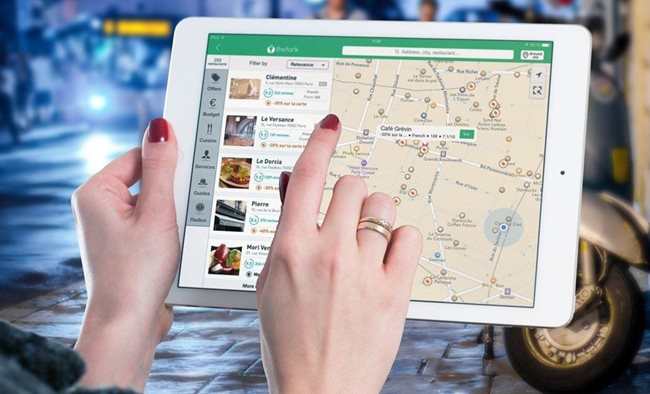






Marketers, too, are excited by links between people because discovering these shared connections means we can better reach consumers everywhere. It’s exceptionally interesting to learn that a mobile user standing on a Cape Town street corner and a mobile user sitting on a Durban park bench have things in common.
Audience-based marketing can help us discover what these attributes are. Let’s firstly remind ourselves what we’re talking about when we refer to geo-targeting marketing, geolocation marketing, proximity-based marketing or - simply - audience marketing.
Essentially, audience-based marketing is using opt-in data on mobile device users’ current or past locations to display relevant content to them. At its base is the premise that the mobile devices that have become so ubiquitous across the world are mostly never more than an arm’s length away from us.
This means that brands and their traditional advertising and marketing agencies can target consumers at a granular, individual person level when they partner with specialist digital platforms that have access to the appropriate audience tools.
Audience-based technology can help marketing teams reach mobile consumers based on their proximity to a store, events happening in their region, and more. These qualifiers can be paired with further relevant detail such as where a person is in the customer lifecycle, IE: are they in the product or service discovery or purchase phase and do they need to be targeted with engagement or retention messaging?
Target specific customer segments
When used properly, audience-based marketing allows marketers to target specific customer segments with time-appropriate offers. For example, audience marketing may alert a mobile user that a product they have been investigating online for purchase is stocked in a nearby store they are approaching.
However, the above is mere proximity targeting and audience marketing has evolved. Today, the value of using audience data in campaigns goes beyond simply proximity targeting - it covers retargeting based on prior locations visited, including targeting entire households at home, as well as adding other layers of consumer data to enrich the data.
In addition, there’s the fact that digital and mobile marketers have knocked accuracy out of the ballpark and have now turned their targeting talents to scale. What we mean here in the audience-based marketing context, is that in 2020 audience marketing must be underpinned by vast amounts of recent historical data that is so fantastically put together that it can connect the dots between the person in Cape Town and the person in Durban mentioned above, and of course, the Joburger, the East Londoner and every other mobile user.
Unlocking the true power and potential of audience marketing means getting a handle on scale to the extent that programmatic marketing can be added to the mix to complement the hyper-local targeting mobile is known for.
Traditionally, many clients have equated location insights with proximity targeting at a hyper-local level. Our partner, Blis was one of the first companies to unlock the power of location data, both for proximity targeting as well as historic retargeting and programmatic campaigns that go well beyond measuring foot traffic directly into stores/dealerships.
Mobiclicks understands that the key to targeting is data reliability which enables marketers to execute effective digital advertising campaigns that deliver tangible results. One needs a critical mass of data to unlock this ability of mobile to deliver results and that’s not easy in the age of worldwide privacy protection. In South Africa, we have POPI, in Europe it’s GDPR and in California, mobile and digital marketers must adhere to CCPA.
Finally, it is imperative to protect consumer privacy while using data to understand and reach that same end consumer who today values the ability to receive highly-relevant advertising information.